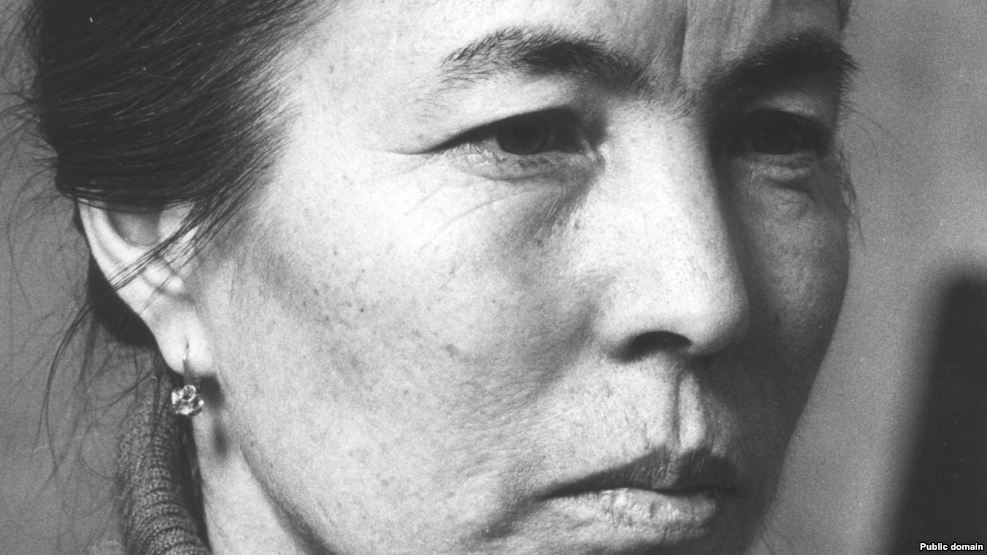Two analyses published today, one about last Sunday’s regional elections and another about postings on the Internet, suggest that the wave of Russian patriotism set in motion by Vladimir Putin’s Anschluss of Crimea may have crested and continues only on the basis of routinized inertia.
The first of these is somewhat more ambiguous but nonetheless telling. URA.Ru’s Mikhail Vyugin compares two rankings of Russia’s political parties, one before last Sunday’s elections and the second in their wake, prepared by the Moscow Foundation for the Development of Civil Society, a group closely tied to the Kremlin.
Vyugin says that a comparison of the two shows that parties like “Rodina and patriots in quotation marks” fell dramatically, an indication at least that non-parliamentary parties seeking to play on patriotic feelings did significantly less well in the voting than did others like Yabloko which did not.
On the one hand, he says, this suggests that “the patriotic trend in Russian society” has reached its culmination. But on the other, it reflects the fact that “the leaders of the [four systemic) parliamentary parties have frequently made it clear that they will not allow Rodina or Patriots of Russia to privatize the patriotic theme.”
Although the URA.Ru commentator does not say so, that would appear to suggest that patriotic themes are now so broadly included in the agendas of the systemic parties and the unsystemic ones that any effort by the latter to play on patriotic themes in the upcoming Duma races will be less successful than many commentators have been expecting.
The second article, by Vitaly Slovetsky in “Novyye izvestiya” today, discusses the conclusion of Russian political scientists and bloggers that “posts of a patriotic character on the Internet” have dramatically declined in recent months.
“The number of commentaries of a patriotic character began to wane in the middle of summer,” he writes, after unemployment increased and the ruble fell. In their place, the number of posts reflecting popular anger “sharply increased” and all this despite the appearance of new pro-Kremlin patriotic online outlets.
Andrey Piontkovsky of the Moscow Institute for Systems Analysis, says that this reflects a reduction in the intensity of state propaganda on patriotic themes, Slovetsky reports. Piontkovsky says that the Kremlin has “finally recognized” the depth of the crisis in Russia and the ways in which patriotic propaganda in that situation can backfire.
Anton Nosik, a popular Russian blogger, however, disagrees. He says that the fall off in such patriotic articles is a seasonal phenomenon. Many pro-Kremlin bloggers have been on vacation. Now, that they are back, he suggests, the number of patriotism-themed posts will certainly increase.
Andrey Makarkin of the Moscow Center for Political Technologies says that may be true for government-paid bloggers in Moscow and St. Petersburg, but elsewhere, what is posted online reflects the feelings of the population – and the population is beginning to recover from its patriotic swoon.
“Enthusiasm arose in the spring of last year after the appearance of Crimea within the Russian Federation: we rose from our knees, the sanctions of the West and the US showed their weakness and we showed them our strength.” But after the collapse of the ruble, “optimism was sharply reduced.” Then when the situation stabilized, “pride in Russia again took off.
“However, already after three months,” it fell again, Makarkin argues. “Now what is taking place with people is a process of reducing emotions. They are fighting with it; they want to believe that things will get better; but reality clearly shows that this will not occur anytime soon.”
Finally, according to Valery Borshchev, a rights activist who early served in the Duma, “patriotism” in the words of Slovetsky is “a temporary phenomenon.” It rose when Crimea was annexed; it fell when the ruble did. And however much the authorities try to convince people that things are still getting better, “citizens feel the worsening of the economic situation.”
They are “beginning to understand,” Borshchev says, “that the authorities provided them with untrue information about the causes of the crisis and its length.” Adding new people to “the army of patriotic media” may be able to “extend the remnants of trust in the rulers for a certain time. But this extension will not be long.”






